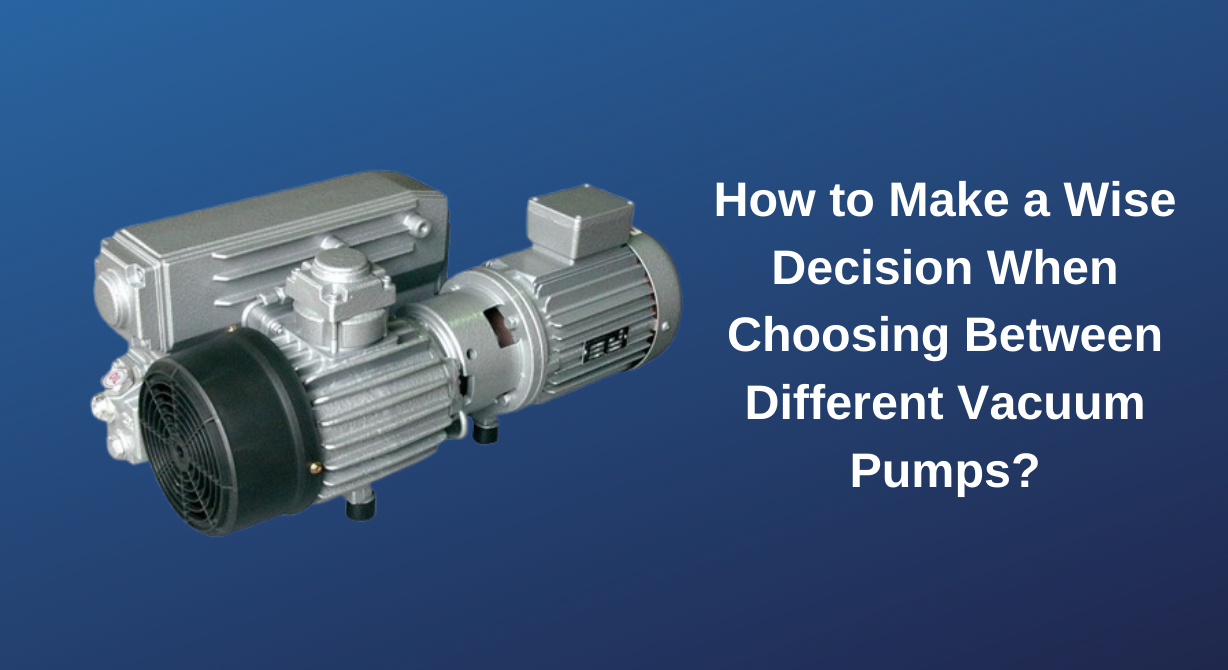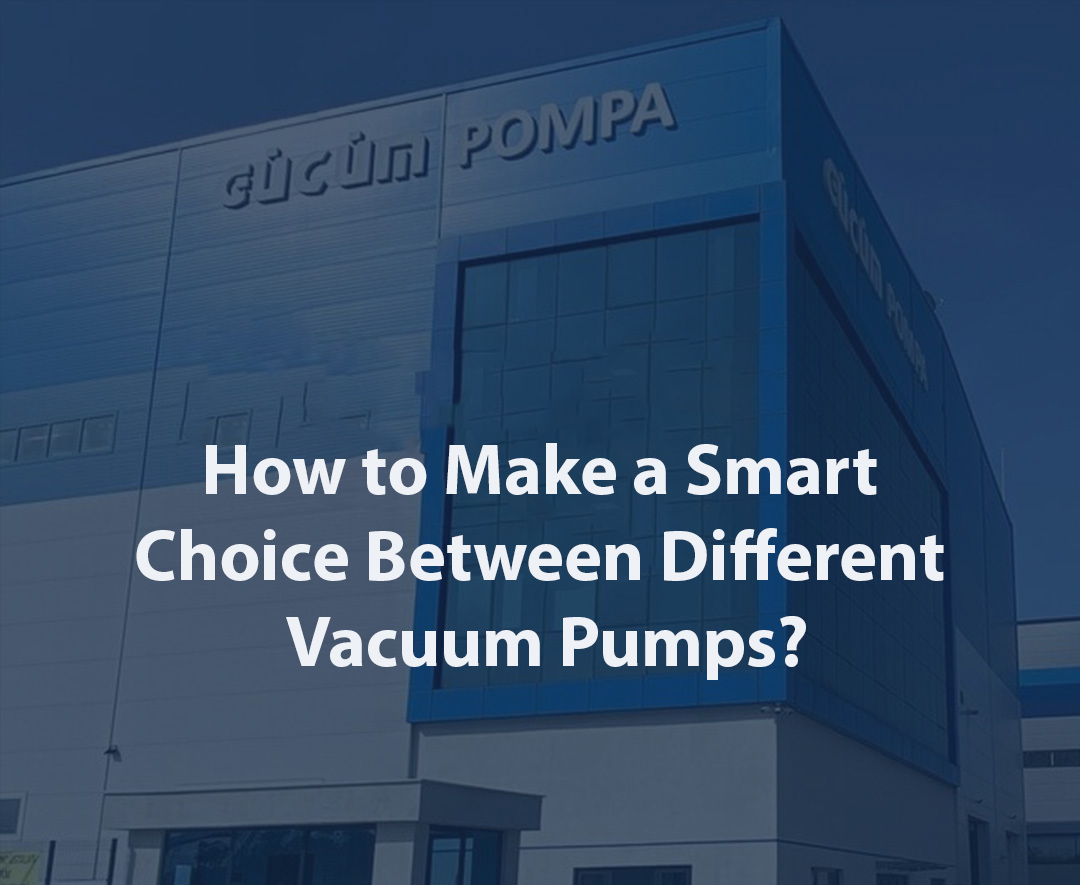How to Make a Smart Choice Between Different Vacuum Pumps?
Table of Contents:
- Different Types of Vacuum Pumps
- Suction Pumps
- Root Pumps
- Diffusion Pumps
- Turbo Pumps
- Performance and Capacity
- Maintenance and Operating Costs
- Reliability and Durability
- Warranty and Service Support
Vacuum pumps play a crucial role in various industrial processes and applications. However, making a smart choice among different types of vacuum pumps can be a critical decision for businesses. Different applications require different levels of vacuum and performance characteristics. In this article, we will discuss the important factors to consider when selecting the right vacuum pump for your needs.

Understand Your Business and Application
Before starting the selection process for the right vacuum pump, it's essential to fully understand your business needs and the nature of the application. Consider the industry in which the pump will be used, the type of application, the desired level of vacuum, and the frequency of pump operation. A clear understanding of your application and business will help determine which type of vacuum pump is most suitable for your requirements.
Different Types of Vacuum Pumps
Vacuum pumps come in various types, each suited for specific applications. Here are some common types of vacuum pumps:
Suction Pumps
Suction pumps physically draw gases into them. These pumps are suitable for low-level vacuum work. Examples of this type include diaphragm and piston pumps.
Roots Vacuum Pumps
Roots vacuum pumps remove gases using two high-speed rotating rotors. They are suitable for achieving high vacuum levels.
Diffusion Vacuum Pumps
Diffusion vacuum pumps remove gas molecules by directing them into a high-speed vapor jet. They are used to achieve very high vacuum levels.
Turbo Molecular Vacuum Pumps
Turbo molecular vacuum pumps remove gases using a high-speed rotor. They are used in conjunction with diffusion pumps to achieve even higher vacuum levels.
Performance and Capacity
When choosing a vacuum pump, consider its performance and capacity. The level of vacuum, efficiency, and pumping speed should match the requirements of your application. Determine the required level of vacuum and select an appropriate vacuum pump. Also, consider the capacity of the pump, i.e., the amount of gas it can handle per hour or day. Choosing a pump with the right performance and capacity will ensure the efficient operation of your vacuum system.
Maintenance and Operating Costs
When selecting a vacuum pump, consider not only the purchase cost but also the maintenance and operating costs. A vacuum pump that requires low maintenance and provides energy efficiency will be cost-effective in the long run. Additionally, consider the availability of spare parts and service support to minimize maintenance costs.
Reliability and Durability
A vacuum pump plays a critical role in the efficient operation of your business. Therefore, choosing a reliable and durable vacuum pump is essential. Purchase pumps from reputable manufacturers with a good track record to ensure long service life and reliable performance for your business.
Warranty and Service Support
When purchasing a vacuum pump, pay attention to the provided warranty and service support. Quick and effective technical support in case of breakdowns or servicing of the vacuum pump is critical for uninterrupted business operations. Therefore, choose suppliers that offer reliable warranty and service support.Click for more information.
